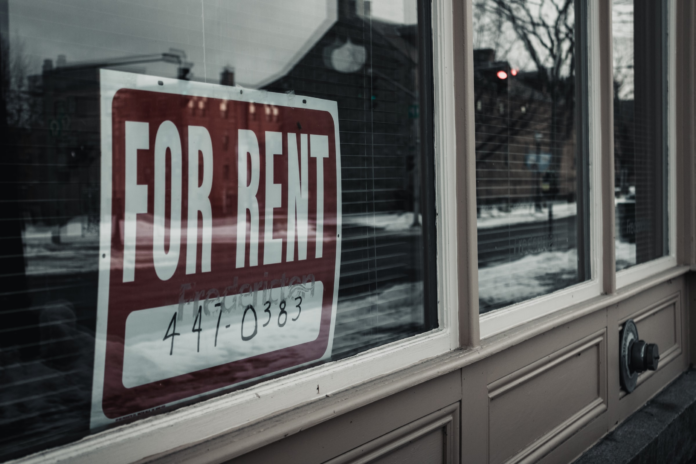A new report shows that rent control, if implemented in the Twin Cities following next week’s election, could exacerbate chronic housing issues in Minneapolis and St. Paul.
The Center for the American Experiment published its 24-page report this week. Authored by economist Martha Njolomole, the report cites plentiful research and studies of other cities to conclude that rent control “is a harmful and ineffective solution to the affordable housing crisis.”
In a news release summarizing the report, American Experiment said that rent control will cause landlords to “cater to the higher end of the rental market and reduce their investments at the lower end of the market,” despite its stated objective of helping lower-income people.
“The result will be the same in the Twin Cities as it has been in other cities: fewer low-income housing opportunities and steadily higher rents,” the news release said.
One U.S. city that adopted rent control is San Francisco, one of the most expensive cities in the entire country. The data appear to show that rent control only exacerbated its ever-increasing cost of living.
“When San Francisco enacted an ordinance that capped rent hikes at 7 percent per year, total rental housing supply was reduced by 15 percent,” the report reads. “Furthermore, landlords converted buildings into luxury condos and new construction forcing housing stock under rent control to decline by 25 percent.”
As a result, “rental prices went up by 5.1 percent citywide as excess demand flowed into the unregulated sector.”
The report adds that other cities — Cambridge, Boston, Los Angeles, Stockholm, among others — have seen similar results with just “moderate forms of rent control.”
St. Paul’s proposed rent control policy, however, is supposedly one of the strictest in the United States.
“It does not allow landlords to raise rents to market rates between tenants, it does not exempt new construction, and it does not consider inflation,” according to the news release.
The Minneapolis initiative, on the other hand, is not a proposed policy, but would only permit the City Council “to develop a policy that will have to be voted on again in a subsequent election.”
Unfortunately for the Twin Cities, the housing shortage does not show any signs of letting up. It could take “years” to be resolved, in fact. Housing prices are not just rising in Minneapolis and St. Paul, but also across the United States.
The simplest explanation for this nationwide phenomenon is that housing demand has surpassed housing supply. Construction crews across the Twin Cities and many other U.S. cities are building houses as fast as ever — but their frenetic pace still isn’t enough.
As cited in the report, the Twin Cities added 83,091 households and only 63,604 new units between 2010 and 2017, a difference of 19,487. This means the housing supply has lagged population growth. The solution is not rent control, the report concludes, but “removing impediments to housing construction, namely excessive fees and regulations.”
“Rent control policies treat the symptom, not the root cause of high housing prices, which right now is a lack of supply,” Njolomole said in a statement. “Everywhere rent control has been tried throughout history, it has failed.”
















